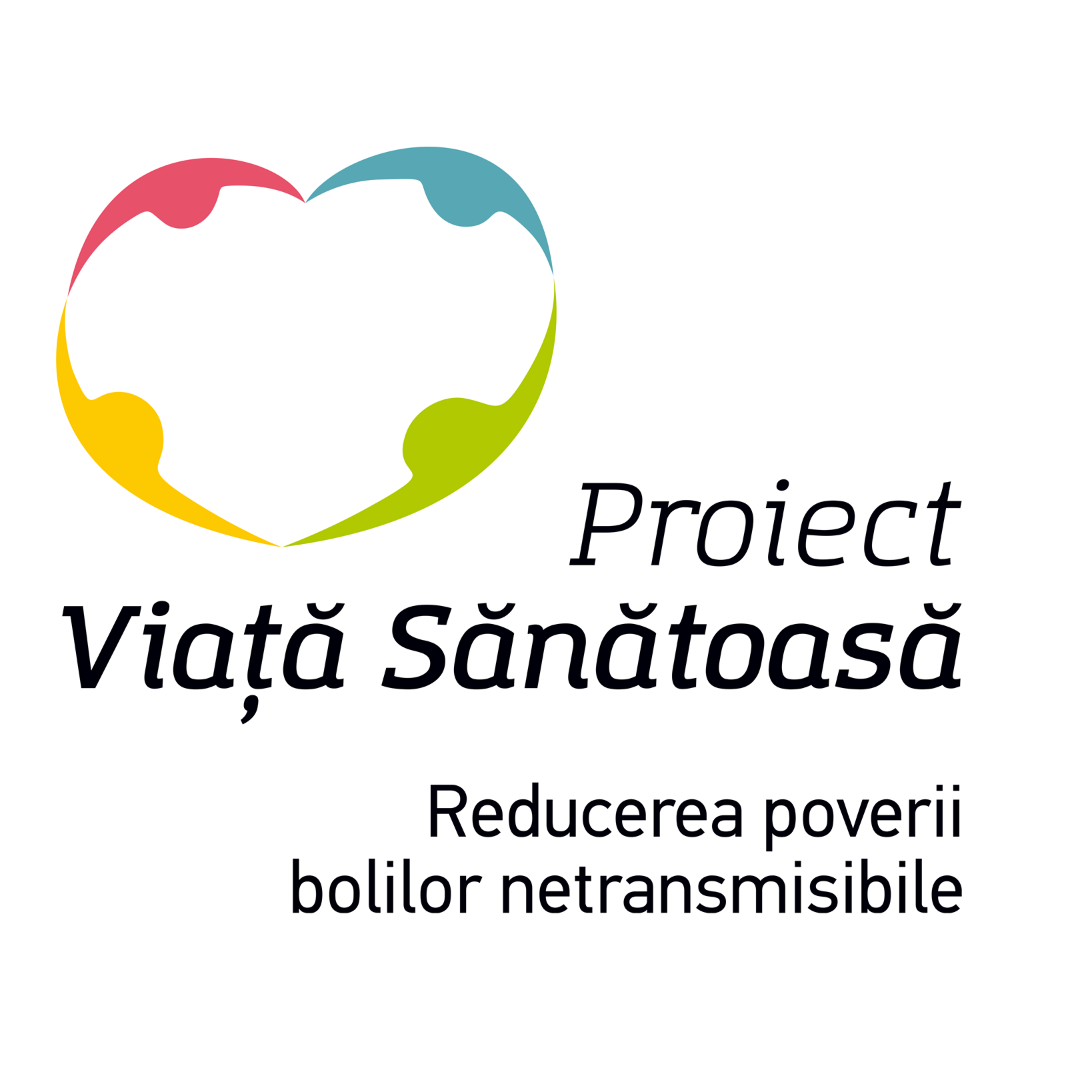Organizații vizate:
Anunțuri de Angajare
- Detalii
- Categorie: Angajări
The Public Institution "National Office for the Implementation of Environmental Projects" announces a tender for the purchase of consultancy services within the UNEP/GEF project " Biosecurity implementation framework for the management of biolog
Informațiile prezentate în articolul de mai jos pot să nu mai fie actuale sau să nu mai reflecte activitățile și programele curente. Anunțul este păstrat în arhivă pentru a asigura transparența și accesul public la informațiile despre inițiativele și proiectele implementate anterior.
Project name: UNEP/GEF Biosecurity Implementation Framework for the Management of Biological Resources in Moldova is financed by GEF-UNEP. Implementation partner Ministry of the Environment through IP ONIPM, implementation period: 2024-2026.
Brief description of the project. The project aims to strengthen the institutional biosecurity framework in the management of invasive exotic species and living modified organisms through a coordinated measure of risk analysis in accordance with the Cartagena Protocol on biosafety, its Supplementary Protocol on Liability and Redress and the relevant regulations on invasive alien species in Moldova.
This will be achieved by implementing the four components:
Component 1: Effective biosecurity legislative, policy, regulatory and institutional framework
An integrated and harmonized policy and regulatory framework for Bioresource Management will be developed and in place through National policy for integrated bioresource management ensuring biosecurity for IAS and LMOs developed as part of the new NBSAP 2030 in line with the GBF, and Subsidiary regulation (law) on both IAS and LMOs developed, existing legislation is strengthened for more effective biosecurity and regulations on Liability and Redress.
Component 2: Integrating biosecurity into biological resource management
Institutional systems for decision making in an integrated biosecurity framework will be enhanced and strengthened. b) Capacity in place to support implementation of policy, regulatory and institutional framework for effective biosecurity. National capacities in risk analysis frameworks, detection and identification for monitoring and management for LMOs IAS strengthened with defined guidelines and manuals, and National institutional arrangements for LMO and IAS decision-making (authorization) check points, emergency responses, guidance and manuals strengthened/developed.
Component 3: A Unified System for Knowledge Management, Public Awareness, Education, Biosafety Communication
An integrated mechanism for knowledge management, public awareness, education and information sharing on IAS and LMOs will be established and implemented through an Unified Portal for Information Sharing in line with the CBD's integrated approach on Clearing Houses would be operationally enhanced with the requisite national database and registers for IAS and LMOs, including GIS mapping and spatial planning resources and Awareness programs, training and educational curricula on LMOs and IAS developed, tested and implemented.
Terms of References
Terms of References for international and national experts are presented in the table below:
|
1. |
International Biosecurity Consultant. |
To hire an international expert familiar with biosecurity issues and provisions of various relevant international conventions/treaties, etc. especially the CBD and CPB. The consultant will provide support to implement relevant project activities in particular under component 1 of the project. The consultant will provide assistance the national team of consultants to clarify the internatioal framework and indicators under the CBD and CPB, as well as European legal framework in the field of biosecurity. |
|
2. |
International Consultant to support relevant trainings under the Component 1 |
The engaged expert will serve as resource persons for relevant national level trainings under the component 1. |
|
3. |
National Consultant to develop National policy for integrated bioresource management ensuring biosecurity for IAS and LMOs |
National Consultant to develop National policy for integrated bioresource management ensuring biosecurity for IAS and LMOs developed as part of the new NBSAP 2030 in line with the GBF through a consultative process with key stakeholders. The expert will foresee the establishment of a sustainable management and efficient institutional framework for biodiversity conservation through ensuring the integration of international treaties requirements into national policies on biodiversity, specifying the activity on ratification of the Nagoya-Kuala Supplementary Protocol on Liability and Redress to the Cartagena Protocol on Biosafety. All fragmented policies regarding IAS and LMOs will be review for the development of an encompassing national policy and strategy through a multi-sectoral approach and consultative process with key stakeholders that will allow Moldova to advance sustainable management of its biological resources. The biosecurity cross-sectorial policy will be included in the updated NBSAP 2030, with a collaborative approach to enable the surveillance of IAS and control of LMOs, involving all relevant actors and the necessary operations established. The development of the national policy and strategy is aimed at ensuring that biosecurity implementation in Moldova takes into account the current national policy and institutional framework, regional initiatives and global biosecurity practices. The action plans will take into consideration national budget arrangements and set up timelines; stakeholder roles and responsibilities in order to support the implementation of the action plans. At this strategic level, the project will ensure that biosecurity considerations are mainstreamed into the national development strategy and relevant legislations, including those applying to: plant health, animal health; the protection of wildlife; food safety; environmental protection and integrate the biosecurity issues in the national gender policy of Moldova. |
|
4. |
National Consultant to develop Subsidiary regulations (laws) on LMOs |
National to develop Subsidiary regulations (laws) on LMOs, to strengthen existing legislation for more effective biosecurity and regulations on Liability and Redress to reflect current global evolutions and developments in the implementation of the CBD, Cartagena Protocol on Biosafety, COP and COP-MOP Decisions. The activities under this output will include a review and update of the existing and fragmented legislation to reflect current global evolutions, innovations and developments in the implementation of the Cartagena Protocol on Biosafety, COP-MOP decisions; and, the Supplementary Protocol on Liability and Redress (SPLR) with a special subsidiary legislation to provide legal certainty in the management of LMOs guided by risk analysis approach in the sustainable use of biological resources. A special subsidiary legislation will be developed to provide rules and procedures in the field of Liability and Redress relating to LMOs. A subsidiary legislation on GMOs microorganisms will be developed to provide for the specific rules of LMOs handling in contained use conditions, according to the Cartagena Protocol on Biosafety. |
|
5. |
National Consultant to develop Subsidiary regulations (laws) on IAS: (National) |
National to develop Subsidiary regulations (laws) on both IAS , to strengthen existing legislation for more effective biosecurity and regulations on Liability and Redress to reflect current global evolutions and developments in the implementation of the CBD, COP and COP-MOP Decisions. The activities under this output will include a review and update of the existing and fragmented legislation to reflect current global evolutions, innovations and developments in the implementation of the CBD, COP-MOP decisions; and, the Supplementary Protocol on Liability and Redress (SPLR) with a special subsidiary legislation to provide legal certainty in the management of IAS guided by risk analysis approach in the sustainable use of biological resources. A special subsidiary legislation will be developed to provide rules and procedures in the field of Liability and Redress relating to IAS. Specific guidelines and manuals on risk assessment and risk management for IAS, detection and identification of IAS, Liability and Redress will be developed to ensure an effective decision making process. All the laws and regulations will be formulated to be in harmony with existing laws and regulations. A new law on Invasive Alien Species will be developed in line with the international rules and good practices. |
|
6. |
National Consultant to revise the list of Invasive species, its distributions in Moldova and the vulnerability of different natural ecosystems to different biological invaders in the light of climate change. |
National Consultant to revise the list of Invasive species, its distributions in Moldova and the vulnerability of different natural ecosystems to different biological invaders in the light of climate change. The Moldsilva Agency, Moldovan Academy of Science, the Institute of Zoology and the Botanical Garden Institute and other partners that will conduct species inventories are expected to work with the project’s experts and support the on-line awareness campaign by writing easy-to-read papers on the biodiversity richness. Additional scientific research and revision of list of IAS will be undertaken, electronic databases developed as part of the unified portal. |
|
7. |
National Gender Consultant Cross-cutting (across Outputs): |
Monitor progress in implementation of the project Gender Action Plan ensuring that targets are fully met and the reporting requirements are fulfilled. Oversee/develop/coordinate implementation of all gender-related work; Review the Gender Action Plan annually, and update and revise corresponding management plans as necessary; Work with the M&E officer and Safeguards Officer to ensure reporting, monitoring and evaluation fully address the gender issues of the project; Ensures that the KM products are gender sensitive. |
Period of assignment – July – November 2024.
Professional competencies:
Academic qualifications:
- Master's degree or doctorate in biology, ecology, environmental protection or other relevant fields.
Professional experience:
- At least five years of relevant work experience, preferably in a management setting
of a project involving a multilateral/international funding agency. Previous experience
with the UN project it will be a sure advantage.
- Understanding biodiversity conservation and related issues.
- Very good interpersonal skills.
- Good verbal and written communication skills in Romanian and English
- Excellent communication and information presentation skills.
- Ability to work in a team and manage the pressure imposed by meeting limited deadlines.
- Knowledge of computer applications and information technology.
Language requirements:
- Knowledge of the Romanian language, written and verbal, at an advanced level is mandatory. Knowledge of English will be an advantage.
The offer should include the following document:
- The consultant's updated CV
- Letter of motivation
Deadline for submitting the application package: 1 July 2024, 5:00 p.m.
Proposals should be sent to the following e-mail address: victoria.covali@onipm.gov.md, chanceleria@onipm.gov.md , mentioning the position.
IP ONIPM has the right to request additional confirmatory documents if necessary.
Only pre-selected people will be contacted.









